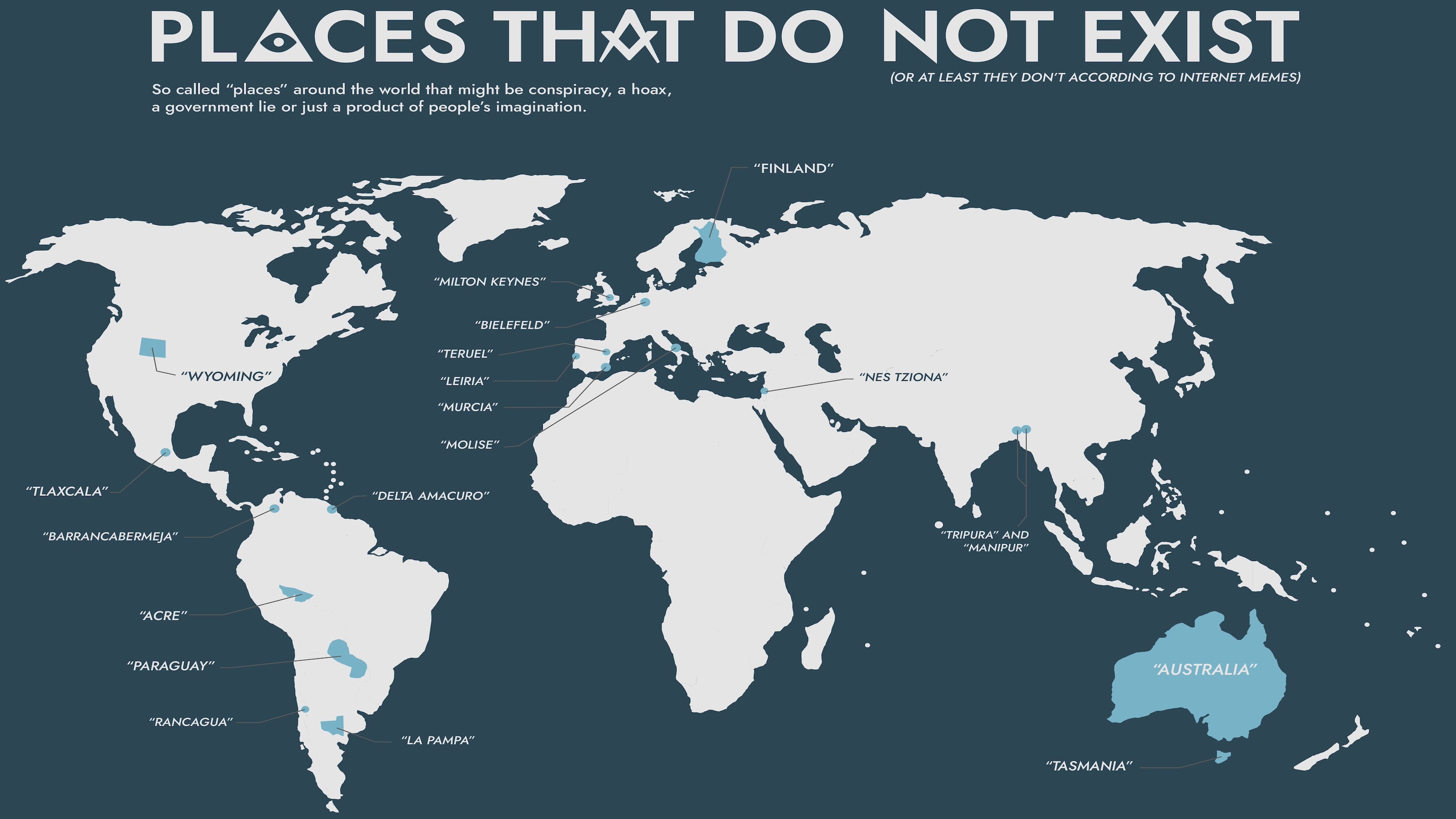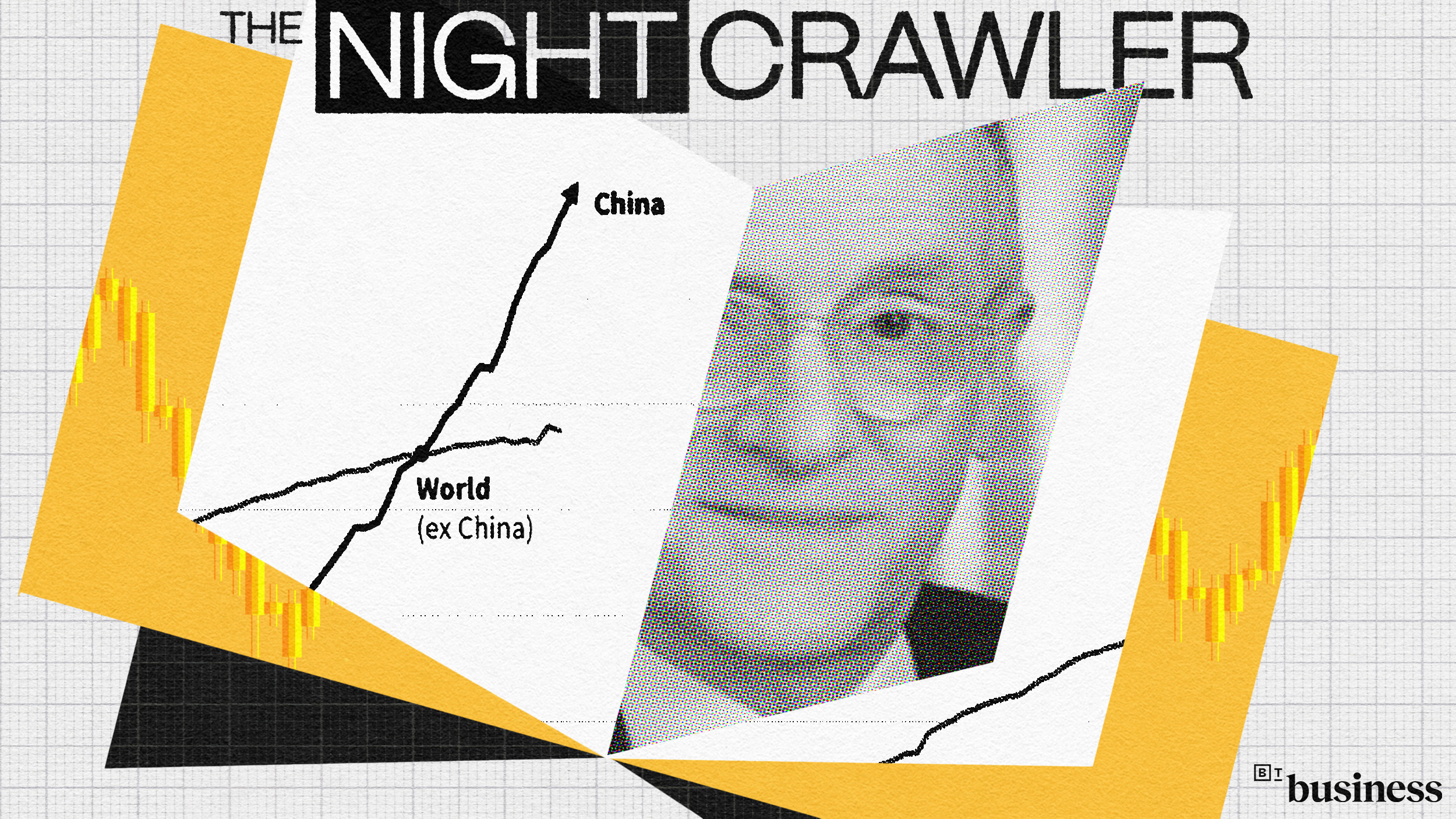It’s about 7.6 million times faster than what you probably have at home.
Search Results
You searched for: Internet
Online Shinto communities have existed since the birth of the internet as we know it.
Voltaire’s wonderful satire, Candide, remains a useful work-life antidote to bogus platitudes and naive optimism.
In a remarkably similar way, conspiracy theories around the world cast doubt on the existence of real places.
Plagues, war, and genocide were literally frozen in time.
Hunger rates are rising. These technologies could turn the tide.
Your expectations form the way you experience the world.
The answer is set to change in the year 2113, a recent estimate suggests.
To what extent will our psychological vulnerabilities shape our interactions with emerging technologies?
AIs can imitate but not innovate — for now, at least.
Dennis “Thresh” Fong talks to us about battling Elon Musk in Quake in the ‘90s, his undefeated record as a pro gamer, and using AI to detoxify gaming.
What are we supposed to do when experts look at the same data yet reach starkly different conclusions?
Online learning has become the new normal, but it isn’t without its challenges.
Uncovering the ideology of “Karens” and “Kens.”
Once students master the basics of math, they are allowed to use calculators. The same should be true of writing and ChatGPT.
Musical preferences are correlated with personality traits — and these connections are largely consistent across cultures and continents.
The answer may lie in the power to see far, far beyond yourself.
Quantum computing brings significant opportunities — but equally significant cybersecurity risks.
Welcome to The Nightcrawler — a weekly newsletter from Eric Markowitz covering tech, innovation, and long-term thinking.
Could anyone still meet the Theoretical Minimum?
Welcome to the Big Think debut of The Nightcrawler — a weekly newsletter from Eric Markowitz covering tech, innovation, and long-term thinking.
The Danish philosopher’s simple paradox — living forwards while looking backwards — can be translated into golden business insights.
Self-help gurus for the digital age.
Between the instability of the real estate market and cryptocurrency fluctuations, everyone has been talking about bubbles. But what are they, really?
Claims of a sudden infestation appear unfounded.
Nature may not allow us full access to the weirdness of quantum mechanics.
The secret sauce of humor is incongruity. AI knows this as well as we do.
Hackers are in an arms race with cyber defenders. Will AI tip the balance?
The truth is out there, but it’s probably not in the latest whistleblower’s report.





























